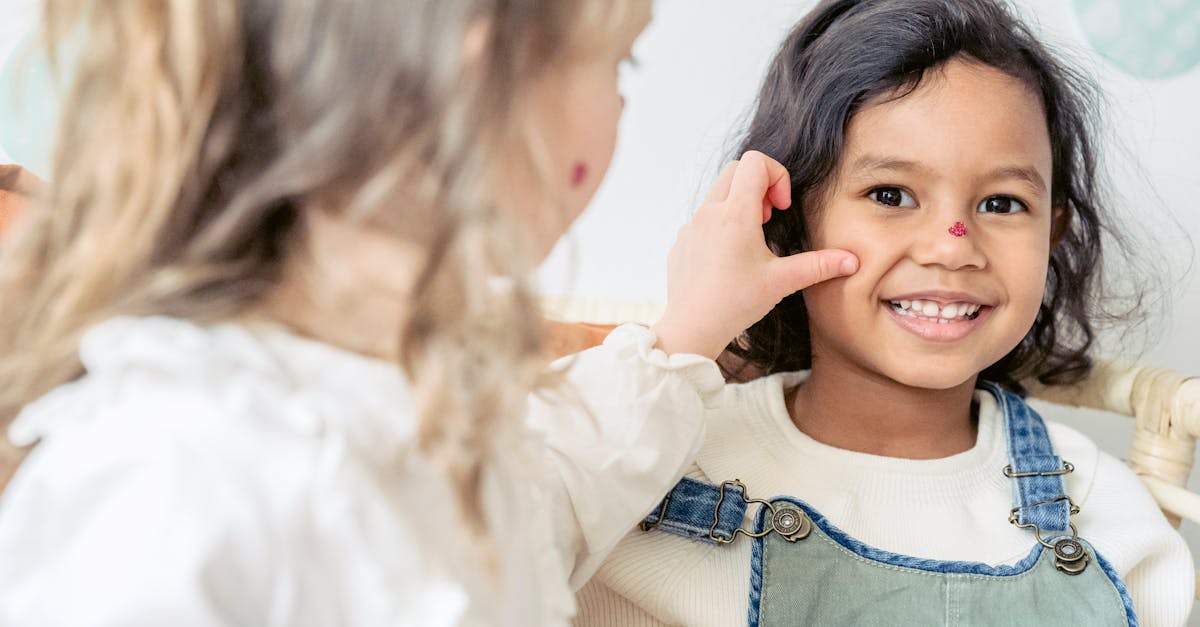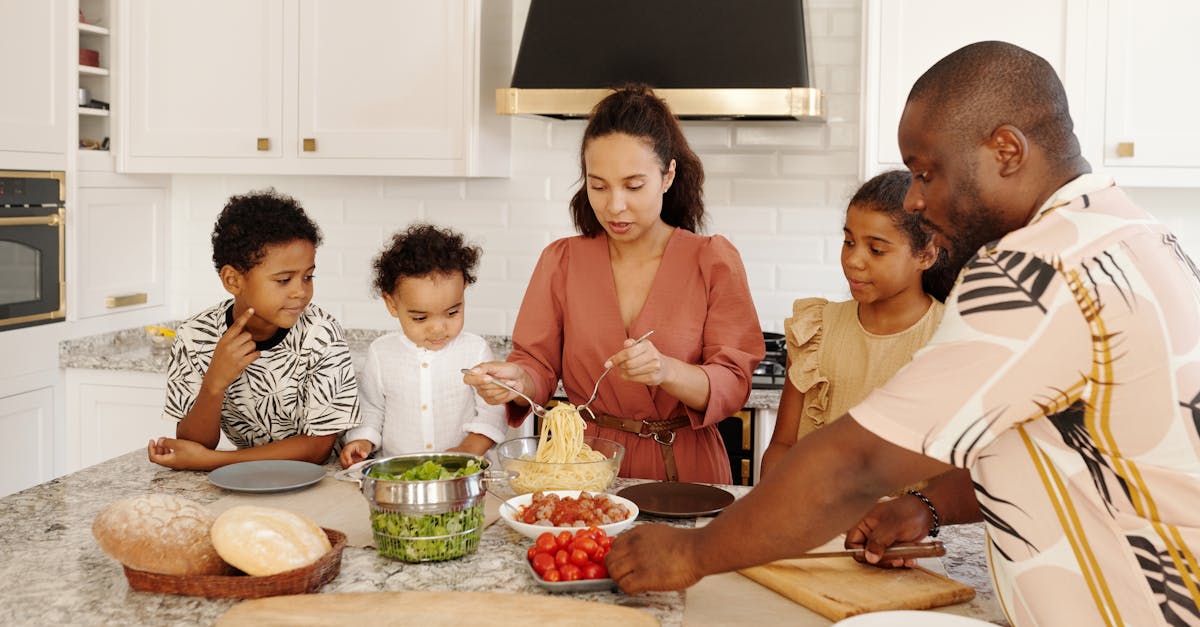Starting Small with Simple Tasks
Teaching responsibility to preschoolers starts with small tasks. Easy chores like picking up toys or helping set the table are great. They learn that everyone has a role, much like Jesus taught us. These little duties set the foundation for a stronger sense of accountability as they grow. Make it fun by turning it into a game or a race. My daughter, for example, loves being the ‘dinner helper’—even though sometimes it means extra clean-up for me!

Teaching responsibility to preschoolers starts with small tasks. Easy chores like picking up toys or helping set the table are great. They learn that everyone has a role, much like Jesus taught us. These little duties set the foundation for a stronger sense of accountability as they grow. Make it fun by turning it into a game or a race. My daughter, for example, loves being the ‘dinner helper’—even though sometimes it means extra clean-up for me!
Storytelling with a Message
Children love stories, and what better way to teach them about responsibility than through tales of Jesus? The parable of the Good Samaritan is a fantastic example. It shows that we are responsible for each other. Use storytime as a bonding moment and discuss the moral afterward. This way, it sticks. I often find my son recounting these stories to his toys, teaching them what he learned. It’s amazing and hilarious at the same time!

Lessons from Everyday Experiences
Everyday experiences offer valuable lessons. Did your child forget their lunchbox at preschool? Instead of scolding, discuss how they felt and why it’s important to remember. Relate it to Jesus’ teachings about caring and being mindful. Use each instance as a learning opportunity. My own son once left his art project at school, and his tears were a lesson in consequences. We spoke about responsibility, and now, he’s more mindful.

Encouraging Positive Reinforcement
Positive reinforcement goes a long way in teaching young children. Praise them for small achievements, whether it’s putting shoes away or sharing toys. Jesus often highlighted the good in people, encouraging them to continue on a positive path. Rewards can be simple—stickers, a special outing, or just words of encouragement. My little girl cherishes ‘Mommy-Kudos-Stickers,’ and yes, we literally call them that!

Dealing with Mistakes with Compassion
When mistakes happen, offer compassion. Jesus taught forgiveness, and this extends to understanding errors. Instead of harsh penalties, help your child see what went wrong and how to fix it. Encourage them to apologize if needed. This builds accountability.
I remember a time when my son broke his sister’s toy. Instead of punishment, we talked it through, and he wanted to make it right by giving her one of his toys.

Remember: Compassion and understanding can help children learn from their mistakes and grow into responsible individuals.
Community Involvement and Social Responsibility
Teach social responsibility by involving your child in community activities. Help out at local shelters or join neighborhood clean-up drives. Jesus was a champion of helping others, and this gives children a broader sense of accountability.
My family enjoys volunteering at a local soup kitchen. My children feel proud and responsible when they contribute, even if it’s just handing out bread.

Creating a Home Environment for Growth
Creating a nurturing home environment is vital. Set clear rules and expectations imbued with Jesus’ teachings of love, care, and responsibility. Create a space where your child feels safe to make mistakes and grow from them. This fosters a sense of responsibility naturally. It’s like when I allow my children to help with cooking. Yes, sometimes there’s a mess, but the pride they feel in helping is worth every minute of cleanup.

Creating a welcoming and nurturing environment at home can significantly impact a child’s growth and development. Incorporating love, care, and responsibility in everyday activities helps shape their character and instills valuable life lessons.
